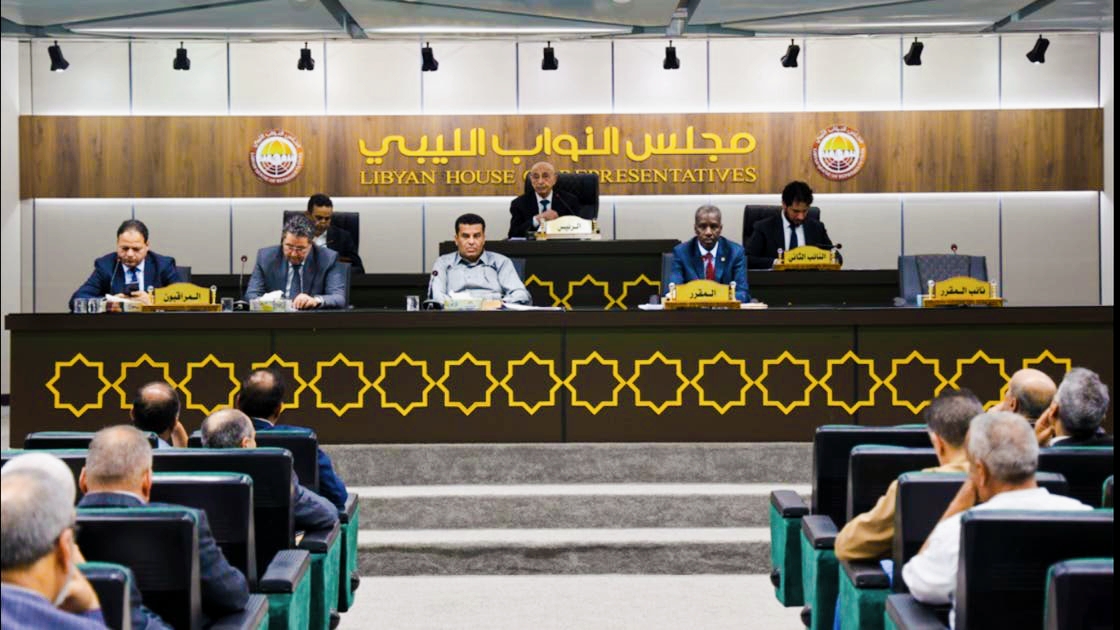Tensions Rise in Libyan Parliament Amid Dispute Over Leadership Roles

Recent tensions in the Libyan Parliament have escalated following an unprecedented conflict between President Aguila Saleh and his deputies, Fawzi Al-Nuwairi and Misbah Duma. The dispute centers around the authority and decision-making processes within the legislative body, reflecting the deep divisions currently affecting the Parliament during this critical period in Libya's history.
The conflict began when the deputies sent an official communication to Saleh, urging him not to make unilateral decisions regarding positions that fall under the council's jurisdiction. They emphasized the importance of adhering to collective procedures in managing parliamentary affairs to ensure transparency and uphold the rule of law.
Saleh's response was brief and pointed; he dismissed the content of their communication as "not worth considering," according to an official document signed in his name and circulated by local media. This reaction was perceived as a belittlement of their concerns and a disregard for their opinions.
In a subsequent response, Al-Nuwairi and Duma issued another statement asserting that Saleh's handling of their concerns "does not align with the rules of institutional work and fails to reflect a commitment to legislation or the spirit of public responsibility."
They further noted that the term "not worth considering" is typically used in the context of private ownership, not in state institutions, and viewed Saleh's reply as incompatible with the nature of parliamentary work, marginalizing their roles and rejecting any individual decisions made outside legal frameworks.
The deputies stressed that "the Parliament should operate under one law" and that Libyan institutions are national entities that represent all citizens, rather than being tied to "individual factions or parties."
This escalating tension among the three leaders has revealed the depth of the crisis within the legislative institution, as local media report on parliamentary maneuvers aimed at potentially removing Aguila Saleh from office, further complicating Libya's political landscape.
Observers believe that the continuation of this dispute could jeopardize the cohesion and unity of the Parliament at a time when UN Special Envoy for Libya, Hanna Titi, is emphasizing the role of the legislative body in supporting a comprehensive political process aimed at achieving national consensus and preparing for the anticipated elections.
